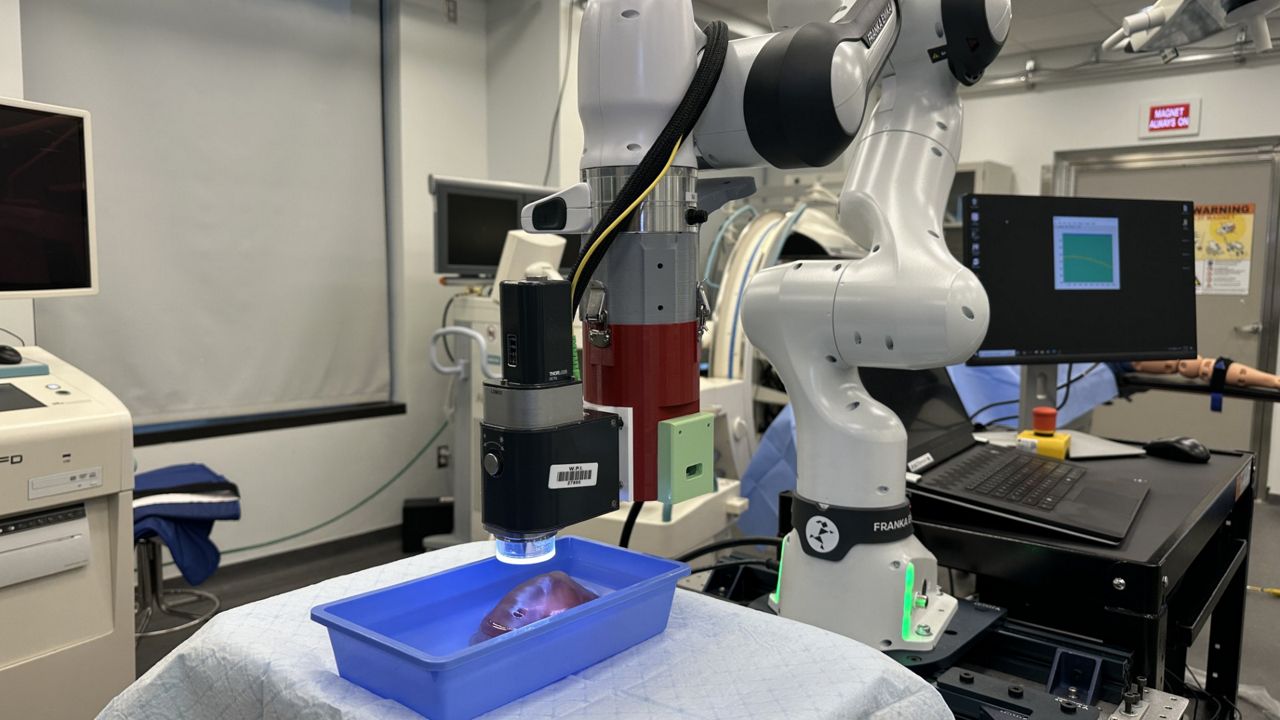WORCESTER, Mass. - Dr. John Haran and a team of researchers at UMass Chan Medical School are attempting to bring more clarity to 'long COVID', a term used to describe persistent neurological and resperitory symptoms that linger for some patients months after infection.
An estimated one in five people infected with COVID-19 report long COVID symptoms, and older adults are more likely to develop it.
"We are starting to see that besides long COVID being one diagnosis for a bunch of different symptoms, we see people having different forms of it," said Haran. "Some people having longterm respritory issues, which seems to be different than those who have the longterm cognitive issues."
What You Need To Know
- UMass Chan Medical School researchers are continuing to examine the impact of long COVID, or persistent symptoms that linger months after infection.
- One of the most common symptoms has been 'brain fog', or cognitive issues that affect memory.
- Dr. John Haran, leader of the study, believes research will eventually lead to treatment options.
- His research supports findings that long COVID patients are dealing with inflammation that can potentially impact the brain.
Haran, who also serves as clinical director of the Center for Microbiome Research at UMass Chan, said longterm cognitive issues that affect memory, thinking and executive function have been of particular concern. His team's research supports earlier studies that indicate long COVID patients have a higher abundance of bacteria that induces inflammation.
It was a line of research that tied in to his other work studying Alzheimer's patients.
"Once we started seeing this subset of patients go forward with problems with cognition, long-term complications from the disease, we saw a lot of striking similarities with Alzheimer's disease and how that disease process also happens," said Haran. "This is kind of the second problem after the pandemic is going to be these long COVID issues, especially the cognitive ones."
Researchers haven't been able to pin down exactly why some patients experience long COVID and others don't, but older adults are more vulnerable.
With all Haran and his colleagues have learned about long COVID, it can sometimes be frustrating to be left with so many questions when so much is at stake.
"People want to know what to do," said Haran. "There are clinics that are starting to come up in Boston and New York, more and more clinics are starting to focus on this, but the treatments aren't there. We don't really know what to treat, we're managing symptoms but not really doing a good job at understanding what's happening and getting to the root of the problem."
Still, Haran has faith there will be a breakthrough. Across the globe, the pace of research has been accelerating to find those answers, including his own studies.









